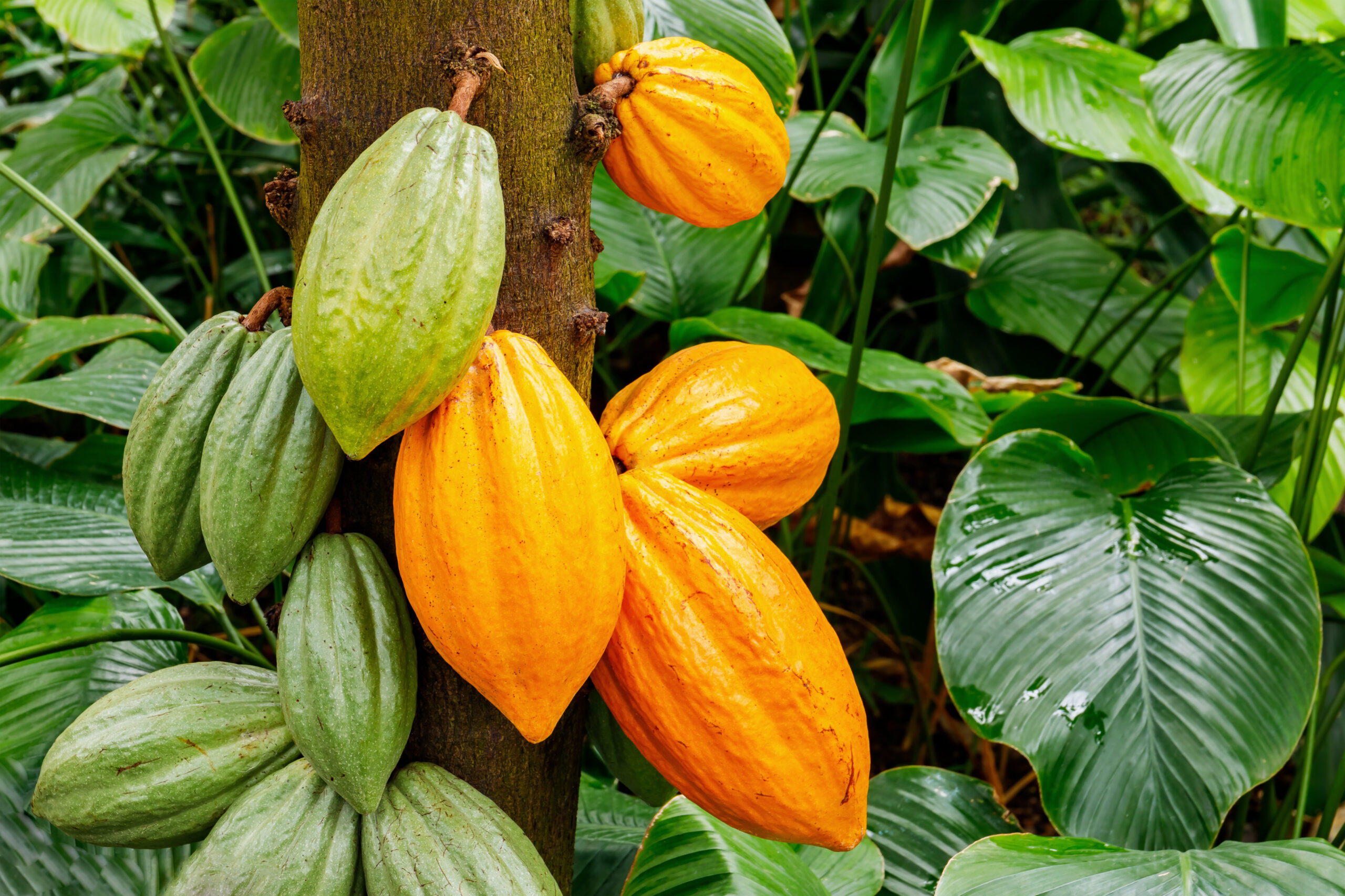Case Study
The establishment of an National Accreditation Body in Ghana to reduce the cost of internationally accredited laboratories in the country: Making laboratory accreditation more accessible in Ghana
Summary
In order to make laboratory accreditation more accessible and less expensive, a National Accreditation Body is being established.
This will allow more laboratories to access accreditation; it will also make available less expensive accreditation when full recognition from ILAC is achieved.
The government is working together with the United Nations Industrial Development Organization (UNIDO) to establish an ILAC-recognized accreditation body in Ghana.
Background
The Ghanaian economy is heavily dependent on the export of agricultural commodities such as cocoa and other non-traditional exports (NTE) such as pineapple, mango, wood and wood products. Export of such commodities has greatly increased in the past few years. In 2019 the country bagged about 2.9 billion dollars from NTE and recorded 2.85 billion dollars despite issues arising from the COVID-19 pandemic.
One of the key factors that has increased Ghanaian competitiveness is the availability of ISO/IEC 17025 accredited laboratories to perform key tests that facilitate the competitiveness of the Ghanaian commodities.
Laboratories performing key tests in Ghana are accredited to the international standard ISO/IEC 17025. These accredited laboratories were assessed and accredited by ILAC-recognized accreditation bodies predominantly from Europe and the USA. This has greatly increased the cost of accreditation. The ripple effect is that it increases the cost of production, making Ghanaian commodities less competitive.
The government is working to reduce the cost of accreditation by establishing a national accreditation body, thereby increasing the competitiveness of Ghanaian commodities on the international market. This will reduce the cost of accreditation as well as include more laboratories in the accreditation bracket.
Consequentially, more farmers and small and medium-sized enterprises (SMEs) will have access to accredited laboratories to facilitate the competitiveness of the commodities both on the domestic and international markets.
Strategy
The need for accredited laboratories to support the export of Ghanaian NTE was identified.
The Ghana National Accreditation Body being established is now an associate member of ILAC. Using the parallel accreditation method, the National Accreditation method will be guided to upgrade their status with ILAC.
The process, which is ongoing, will increase the availability of accredited laboratories across the country. Farmers and SMEs needing accredited laboratories for tests such as soil analysis, water analysis, product quality evaluation etc. will now have such laboratories closer to them and they will be more affordable.
It will also reduce the burden of work and over-reliance on the bigger laboratories.
Results and impact
It is expected that this will increase the number of accredited laboratories, making ILAC recognized services available to more users and reducing inequalities in the accreditation space.
It is expected that the availability of less expensive accreditation services will eventually increase the competitiveness of Ghanaian commodities on the international market, thus increasing the overall national income in the coming years.
Contact
Mr. Juan Pablo Davila, Project Manager, GQSP Ghana j.davila@unido.org
Ms. Abena Safoa Osei, Chief Technical Advisor, GQSP Ghana a.osei@unido.org




